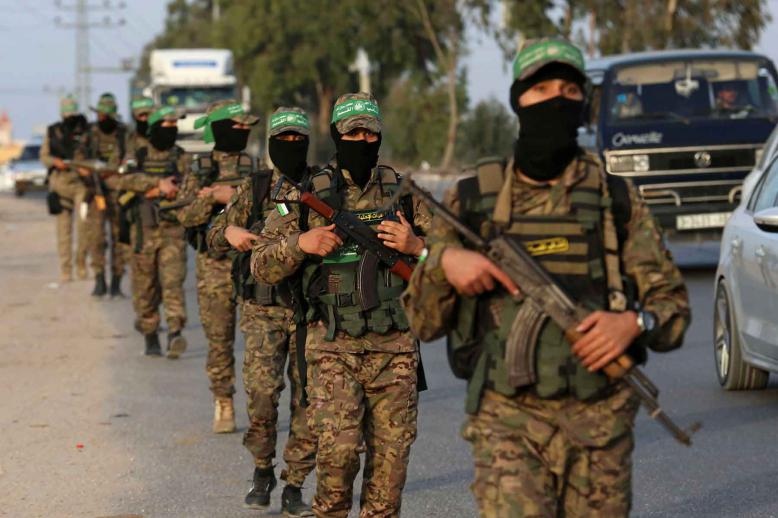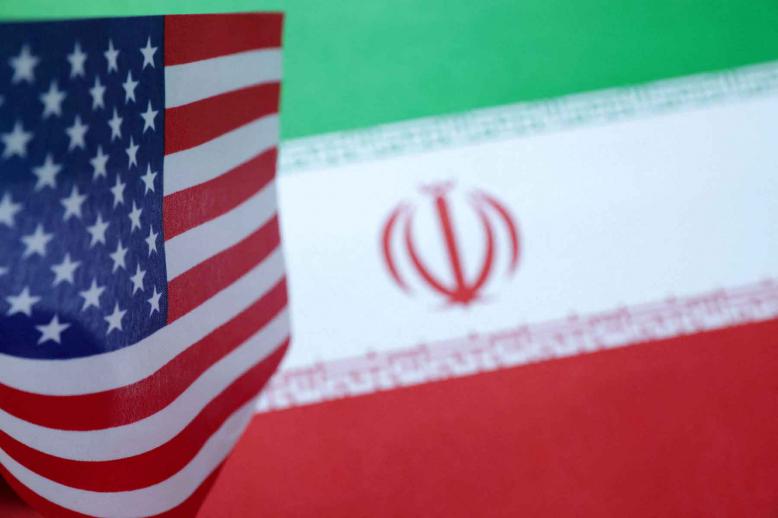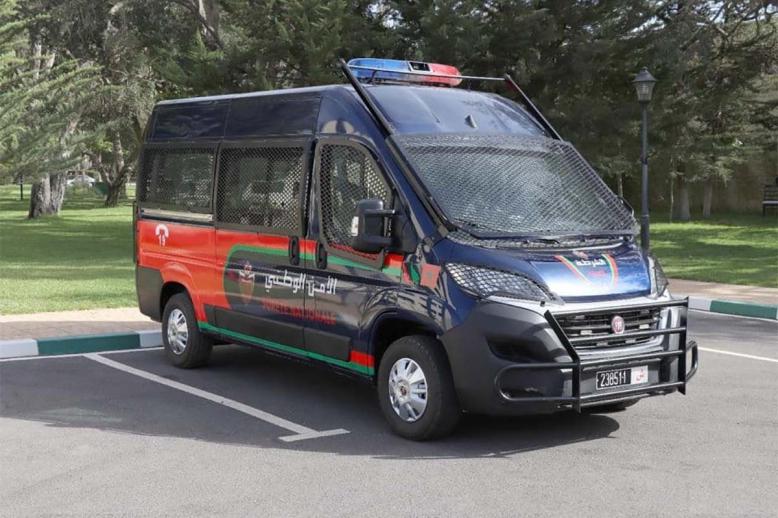Moroccan FM in Riyadh ahead of King Mohammed VI’s visit to Saudi Arabia
RABAT – Morocco’s Foreign Minister Nasser Bourita visited Riyadh on Tuesday ahead of a trip by the Moroccan King Mohammed VI to Saudi Arabia next month.
The Moroccan FM's visit to the Gulf state came a day after his meeting in Rabat with the President of the Saudi Shura Council, Sheikh Abdullah bin Mohammed bin Ibrahim Al Sheikh, during which they affirmed the strong bilateral relations between the two countries.
According to Moroccan media, Bourita is scheduled to meet with Saudi Crown Prince Mohammed bin Salman in order to deliver a message from King Mohammed VI to King Salman bin Abdulaziz.
Analysts see the Moroccan king's visit to Saudi Arabia as an opportunity to enhance the historic ties between the two countries. Local media, citing unnamed sources, reported that officials from both states hope the upcoming visit will put an end to reports of a "silent tension" between Morocco and Saudi Arabia, which they say has been exaggerated to achieve "political goals and objectives that are obvious to those aware of the sensitivity of some regional and international issues."
In February 2019, Morocco recalled its ambassador to Saudi Arabia after Saudi state TV aired a documentary that referred to the disputed Western Sahara as an “occupied” region and called the separatist Polisario Front the sole “legitimate representative of the Sahrawi people.”
The documentary was broadcast shortly after Morocco withdrew its military forces from the Saudi-led military coalition waging a war against Iran-backed Huthi rebels in Yemen.
Despite the following rapprochement that saw the return of the Moroccan ambassador to Riyadh in April, rumours of strained relations between the two countries continued to spread in local and regional media.
Newspapers in Morocco have speculated for months over a visit to Riyadh by the Moroccan king, which would be seen as an expression of the strong ties between the two kingdoms and an indication they have moved past last year’s political dispute.
Strong relations
Among the issues on the agenda during Bourita's meeting with Saudi officials are discussions on the Fifth Arab-African Summit that was due to be held in Riyadh on March 16, before it was postponed to a later date.
A key topic of discussion is expected to be the mooted attendance at the summit of the Polisario Front, an Algeria-backed separatist movement that took up arms against Morocco following Rabat's annexation of the Western Sahara region.
Algeria and South Africa - which currently holds the rotating presidency of the African Union - had pushed for the group to be allowed to attend the summit.
Algiers and Pretoria have sought to up their political support of the Polisario Front, which in past decades was able to achieve some limited recognition from Latin American and African states for its self-proclaimed Sahrawi Arab Democratic Republic, before diplomatically losing most of it in the last few years.
Those international ties have been eroded by the foreign policy pursued by King Mohammed VI since he succeeded his late father, King Hassan II, in 1999. For its part, Riyadh says it stands by Morocco's position on the issue of the Western Sahara, backing the territorial integrity of the North African country and its sovereignty over all its lands.
Saudi Arabia says it firmly rejects "any infringement on the sovereignty and territorial integrity" of Morocco. The oil-rich kingdom also previously welcomed an initiative for local autonomy in Morocco's southern provinces under Moroccan sovereignty, known as the Autonomy Plan, which Rabat has proposed as a political settlement for the Western Sahara conflict.
The crisis in Libya is also expected to be a major point of discussion. Both Rabat and Riyadh are opposed to Turkey's military intervention in the Libyan conflict on behalf of the UN-backed government in Tripoli, calling it a violation of international law that threatens the security of the wider Middle East and North African region, and Morocco in particular. The wars in Yemen and Syria will also be discussed.
The Moroccan website 'Hespress' quoted Idris Lakrini, a professor of Law and International Relations at the University of Marrakech, as saying that Moroccan-Saudi historic relations remained strong.
Lakrini cited Rabat's constructive stance towards the Gulf crisis with Qatar, and Morocco's "assertion that differences should be resolved among the Gulf brothers, which means Rabat maintains its strong relations with the Gulf states."
He added that the upcoming visit by King Mohammed VI to Saudi Arabia would represent a practical demonstration, through official channels, of the strength of relations between the two countries.
On Monday, Bourita met with the President of Saudi Arabia's Shura Council in Rabat as part of the official visit by the Saudi official to Morocco.
The Moroccan Ministry of Foreign Affairs and the Saudi Press Agency released a statement in which Al-Sheikh stressed "the importance of bilateral relations between the two brotherly countries and work to strengthen relations in all areas, in order to achieve the directives of the Custodian of the Two Holy Mosques King Salman bin Abdulaziz Al Saud and His Majesty King Mohammed VI."
Bourita also affirmed that Saudi-Moroccan relations were strong, expressing his appreciation for Saudi Arabia's role in supporting Morocco on various diplomatic and foreign policy issues.






